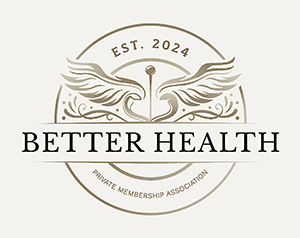Remembering My Grandmother
My grandmother passed away last week. She was 89. I recognize a flood of emotions in my body; sadness, emptiness, confusion, but the biggest one is gratitude. If there is such a thing as a good passing, she had one. I would like to honor her by reflecting on a few of the things she taught me throughout her stay here.
My grandmother had her share of struggles. She was a war widow and raised my mother as a single mom at a time when being a single mom was not widespread. She outlived two husbands and worked diligently for 32 years, always taking the bus to work. She did not learn to drive a car until she was 65. That took a great deal of courage and help from friends. She was fiercely independent. She had a strong faith. In short, her story, while unique to her, is probably like a good deal of the life stories of the geriatric population today.
During her later years, when I was in medical school, she taught me a great deal about the geriatric population through our conversations and through my observation of her. These were the most profound of teachings. Things not included in medical texts. They have helped mold my patient interactions.
I experienced her frustration at watching her body age. It was hard for her not to be able to do the things she historically could do. It affected her sense of pride and independence. Since the body still does not come with an owner’s manual, I was able to aid the fear of the unknown with my medical and osteopathic knowledge. It helped to some degree, but mostly what she needed was just someone to listen, to hear her face her fear of aging.
She related to me her sadness at watching most of her friends and immediate family pass before she did. It was hard for her to lose those people close to her and face the loneliness their loss left behind. She often shed a tear about this. It affected her daily.
Throughout her aging process, she wanted her family and friends to believe she was doing ok. This would show up as her hiding her aches and pains so that she appeared in better health than she was actually experiencing. Much of the time, she could bluff her way through these fearful experiences. Sometimes she could not and would finally tell someone. These things for her were real, but were not addressed by her doctors.
Thus, in the last few months of her life, a pain in the foot of a few days duration turned out to be a pressure ulcer between her toes and lack of balance was due to a malfunctioning pacemaker.
My grandmother has changed my interactions with my patients. More often, I ask to hear their stories, their fears and worries, and their frustrations with their bodies. I slow down more. I do my best to just “be” with them. I remove my “doctor” shield and try to explain the processes going on with them in plain language to the best of my ability. I rejoice in their successes. I encourage trying again with their failures.
It is funny how it sometimes takes a loss to recognize the gifts of everyday life. Thankfully I will be able to carry my grandmother’s lessons with me in my practice and in my heart.
